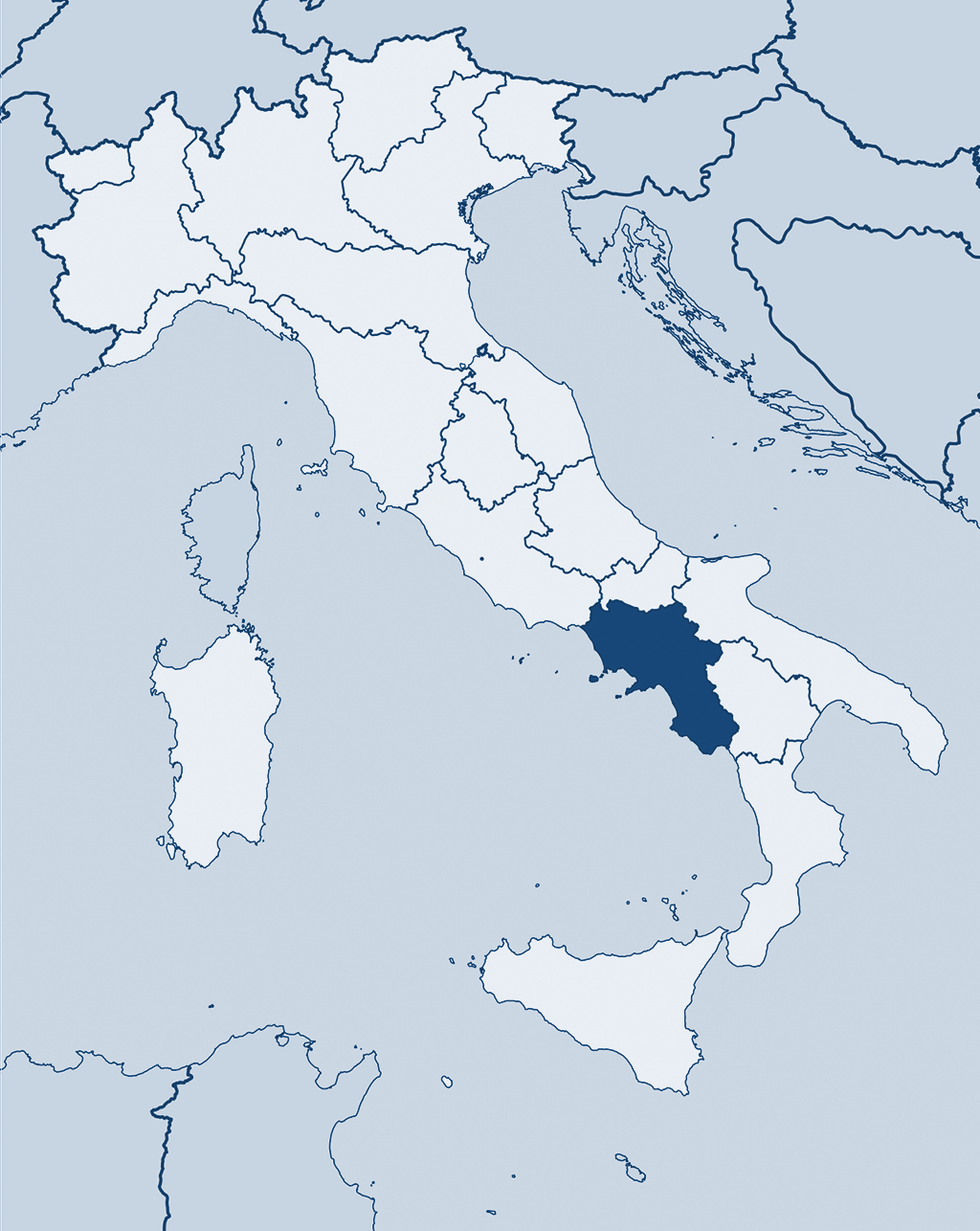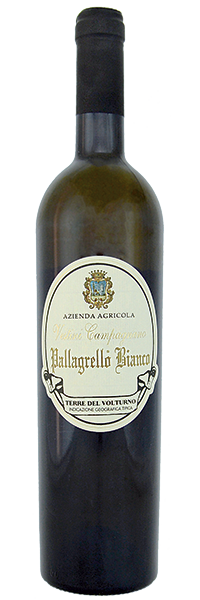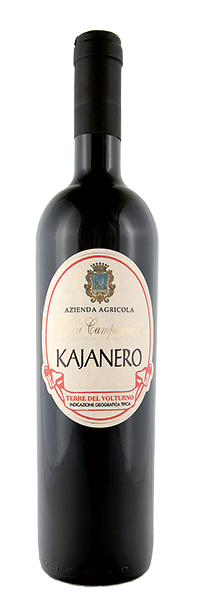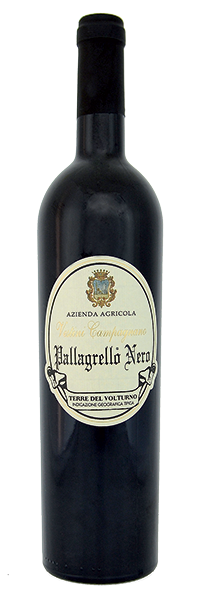Vestini Campagnano was among the wineries to nurture Pallagrello Bianco, Pallagrello Nero and Casavecchia away from obscurity and into the resurging prominence they are now enjoying. These wines are imbued with an extraordinary amount of pure personality and a timelessness that is impossible to miss.” – Antonio Galloni, Central And Southern Italy: A Wine Lover’s Paradise (Feb 2013)
In the region between the towns of Castel Campagnano and Conca della Campania, an area where great wines have been made since Roman times, the Barletta family followed their passion for historical grape varieties by taking over some old vineyards and starting an important project to recuperate and restore ancient varieties on the verge of extinction. Being the first winery to research the almost extinct Pallagrello (red and white) and Casavecchia clones, the estate of Vestini Campagnano started in 1990 with rudimentary research in a garage-style setting and only a few vines growing in the backyard. Stimulated by the idea that Pallagrello once belonged to the noblest varieties of Europe and was held in high esteem by the Bourbon kings, the Barletta famiily enlisted famed enologist of Campania Luigi Moio to lead their research.
By 2000, Vestini Campagnano had planted organically-farmed vineyards propagated from the original vines discovered here and was producing 6,000 liters of wine divided between Pallagrello Bianco, Pallagrello Nero and Casavecchia under the denominazione Terre del Volturno IGT. Today, they own six hectares of vines and produce about 60,000 bottles per year in these volcanic-material laced, clay-based soils.
The name “Terre del Volturno” translates literally as “lands of the Volturno” and refers to the Volturno River, which flows southwest through the Caserta province from the Central Apennine Mountains to the Tyrrhenian Sea. It designates the southern half of the Caserta province, in northern Campania. It is of particular note as the home of the rare, native varieties of Pallagrello Bianco and Nero and Casavecchia. While the origin of the name “Pallagrello” has several supposed origins, the name for Casavecchia (literally, “old house”) derives from the fact that the local farmers who re-discovered the native vine referred to it as the vine found “up there in the old house.”





